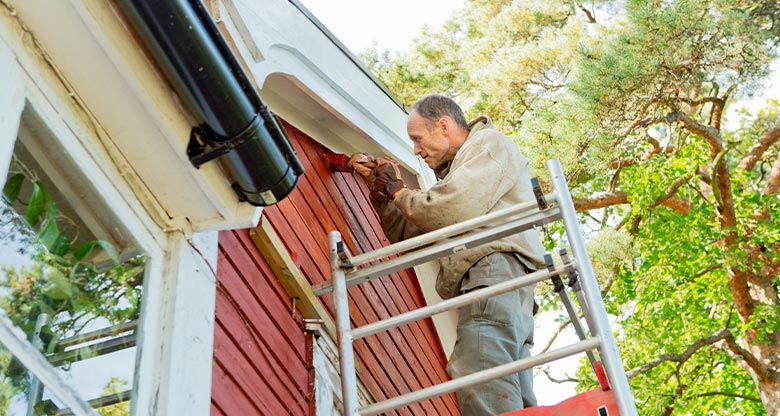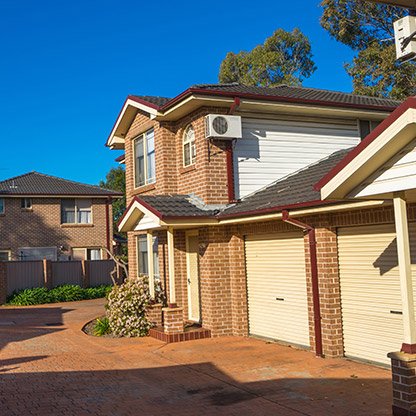Before deciding to buy an investment property, it’s important to understand not just the upfront costs, but also the ongoing costs going forward.
- Home loan repayments and fees: This can include the interest paid on your home loan and, depending on what type of loan you’ve taken out, any associated bank and loan maintenance fees. It’s not uncommon for investors to pay only the interest on their loan (also known as Interest Only payments), rather than principal and interest repayments, at least for the first few years. (CBA customers can make Interest Only payments for up to five years on their home loans and up to 10 years on their investor home loans.)
- Council rates: These are annually and usually due every quarter and cover essential services such as garbage collection as well as community facilities. Check the website of the council you’re planning to buy in for more information.
- State government taxes: These vary between states and territories, but most charge an annual land tax.
- Strata/body corporate fees: These fees apply if you own a property that’s on some form of shared land or title, such as an apartment or townhouse.
- Utilities: Depending on your rental agreement, as a landlord you may be liable for some utilities such as water bills and fixed access charges.
- Property management: For a fee, property managers (should you decide to use one rather than manage your investment yourself) look after leasing and managing properties on behalf of owners.
- Landlord and tenant protection insurance: As well as the other types of insurance you’ll typically take out to cover your investment, you also might want to protect your property from unexpected costs related to renting it out, such as vandalism, with landlord insurance.
- Maintenance and repairs: As a property owner you’ll generally be required to keep the premises in a reasonable state of repair, and as such may need to factor in paying for things from time to time like a new hot water service or urgent repairs.
- Advertising fees: You’ll likely need to pay these should your property require new tenants, particularly if your existing tenants vacate unexpectedly, in which case you may also face a period without any rental income.
- Renovations and improvements: Depending on what you decide to undertake and how much you’re willing to put into your property, renovations and enhancements designed to make your property more attractive to prospective tenants may be as straightforward as getting the walls repainted, or a much bigger project such as updating the bathroom. There are a few different options available for funding renovations.
- Income tax obligations will depend on whether you have your property positively or negatively geared.




